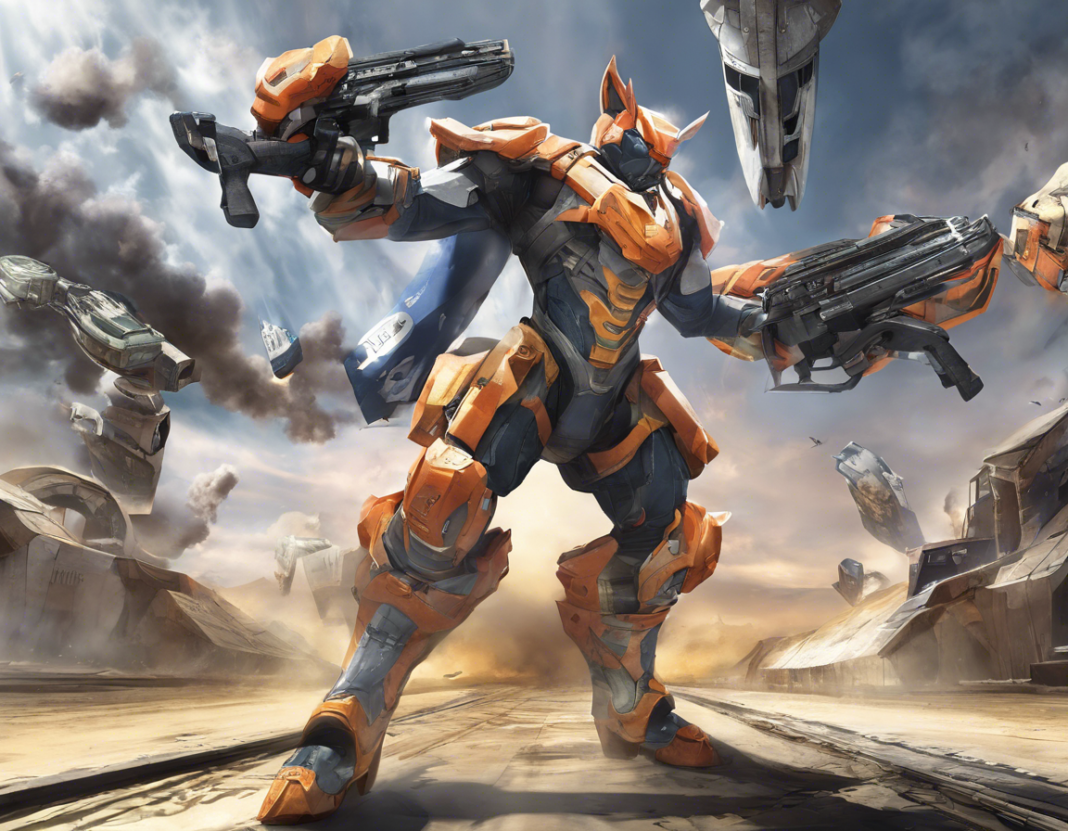What is DLC and What Does DLC Stand For?
DLC stands for Downloadable Content. It encompasses additional content created for video games post-launch that can be downloaded from the internet. DLC can include new levels, characters, maps, storylines, weapons, skins, and other enhancements that expand the original game’s content and gameplay experience.
Types of DLC
There are several types of DLC available in the gaming industry:
1. Expansion Packs: Expansion packs are substantial additions to a game that introduce new storylines, gameplay mechanics, and features. They often represent a significant evolution of the original game.
2. Character Packs: Character packs add new playable characters to a game, each with unique abilities and characteristics. These can enhance the variety of gameplay options available to players.
3. Map Packs: Map packs include new multiplayer maps for games that focus on multiplayer gameplay. These maps offer fresh environments for players to explore and compete in.
4. Cosmetic DLC: Cosmetic DLC includes skins, costumes, weapon skins, emotes, and other visual customizations that do not impact gameplay but allow players to personalize their gaming experience.
5. Story DLC: Story DLC expands on the original game’s narrative by introducing new storylines, quests, and missions. These additions can delve deeper into the game’s lore and provide players with new challenges.
Benefits of DLC
1. Extended Playtime: DLC provides players with additional content that extends the lifespan of a game. This continuous stream of new content keeps players engaged over a more extended period.
2. Enhanced Gameplay: DLC introduces new gameplay elements, characters, and storylines that enhance the overall gaming experience. It offers fresh challenges and opportunities for players to explore.
3. Community Engagement: DLC allows developers to maintain communication with the gaming community post-launch. By releasing new content and updates, developers can respond to player feedback and keep the community engaged.
4. Revenue Generation: DLC is a significant source of revenue for game developers and publishers. By offering additional content for purchase, they can generate ongoing income from a game beyond its initial release.
Best Practices for DLC Implementation
1. Value for Money: Ensure that the DLC provides sufficient content and value to justify its price. Players should feel that they are getting their money’s worth with the additional content.
2. Compatibility: Make sure that DLC is compatible with the base game and does not create compatibility issues or fragment the player base.
3. Community Feedback: Listen to player feedback and incorporate community suggestions when developing DLC. This helps ensure that the content meets the expectations and desires of the player base.
4. Timing: Release DLC at strategic intervals to maintain player interest in the game. Timing is crucial to maximizing the impact and reception of DLC content.
5. Quality Assurance: Test DLC thoroughly to identify and address any bugs, glitches, or issues before release. High-quality DLC enhances the reputation of the game and the developer.
FAQs About DLC
1. What Platforms Support DLC?
– DLC is available for various gaming platforms, including PC, PlayStation, Xbox, and Nintendo consoles. Most modern gaming platforms support downloadable content for games.
2. Do I Need to Purchase DLC to Enjoy a Game Fully?
– DLC is optional and is not required to enjoy the base game fully. However, DLC can enhance the gaming experience by providing additional content and features.
3. Can DLC Be Shared Between Accounts on the Same Platform?
– The ability to share DLC between accounts on the same platform varies depending on the platform and the specific game. Some platforms allow DLC to be shared, while others do not.
4. Are There Season Passes for DLC?
– Yes, many games offer season passes that provide access to a bundle of DLC at a discounted price. Season passes typically cover multiple DLC releases for a game.
5. Can DLC Be Used in Multiplayer Modes?
– In most cases, DLC can be used in multiplayer modes, including additional maps, characters, and cosmetic customizations. However, some games may restrict certain DLC content in specific multiplayer modes.
6. Is DLC the Same as Microtransactions?
– While DLC and microtransactions both involve additional content purchases, they differ in scope and content. DLC usually offers significant gameplay additions, while microtransactions often involve smaller in-game purchases.
7. How Do Developers Decide What Content to Include in DLC?
– Developers consider player feedback, creative opportunities, narrative extensions, and gameplay enhancements when deciding what content to include in DLC. They aim to offer meaningful additions that enhance the overall gaming experience.
8. Can DLC Affect the Balance of a Game?
– Depending on the content of the DLC, it has the potential to impact the balance of a game. Developers must carefully consider how new content will affect gameplay and ensure that it does not disrupt the overall balance of the game.
9. Is DLC Downloaded Automatically, or Do Players Need to Purchase It Separately?
– Players typically need to purchase DLC separately from the base game. Once purchased, the DLC content can be downloaded and installed to access the additional features and enhancements it offers.
10. Are There Ways to Access Free DLC for Games?
– Some developers offer free DLC as part of post-launch support for their games. Free DLC can include new levels, characters, events, and other content that adds value to the base game without additional cost to players.

